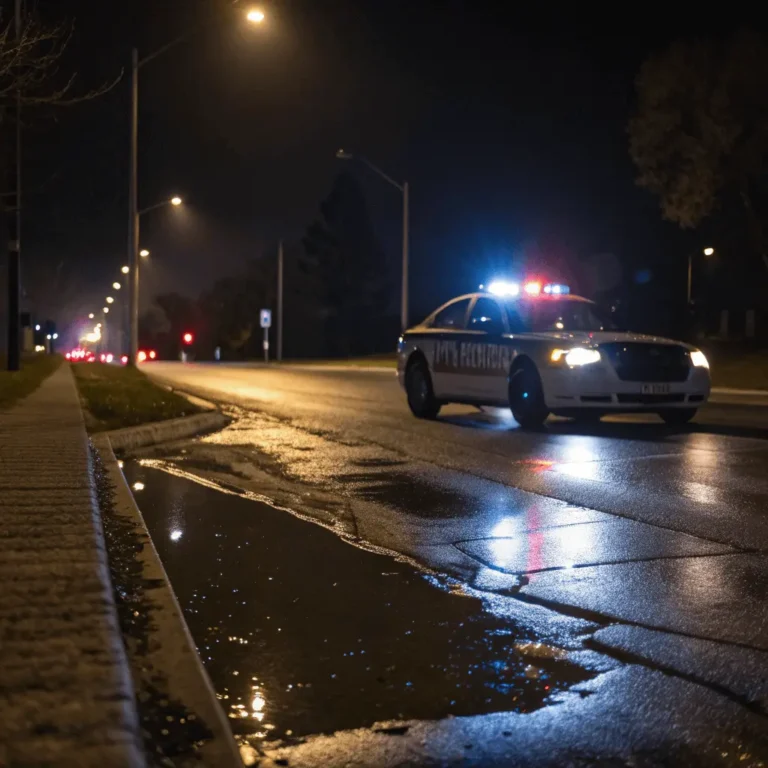
Motorcycle accidents rarely have a simple aftermath. As pressure from insurers and growing costs increases, riders must negotiate difficult medical, financial, and legal obstacles. Costly errors can be avoided by knowing how each choice affects compensation. Injured riders can turn a confusing circumstance into a planned route to rehabilitation, responsibility, and financial stability with the correct approach and legal advice.
Immediate Medical Priorities
Motorcycle accidents rarely permit waiting. Immediate medical attention, even for evident injuries, is the first step. Adrenaline delays pain, and internal injuries might not become apparent for hours. Correct documentation of treatment helps establish future claims directly because insurers always suspect that negligence has been exercised whenever records of treatment are incomplete. Postponing immediate treatment weakens your claim for compensation, explain local motorcycle accident attorneys.
Reporting and Documentation
After treatment is finished, official records are the foundation of your case. Notice to law enforcement ensures an impartial record of the incident, and their report forms the basis of liability negotiations. Photo documentation of the scene, destroyed motorcycle, and visible injuries provides visual evidence that supports credibility. Record witness contact information from a support chain, eliminating future debate over fault or accident details.
Insurance Notification and Strategy
Following the acquisition of evidence, insurers are informed promptly. The tone and completeness of the initial statement are most critical because adjusters use consistency from the outset as a measuring stick. Only requisite facts are given to avoid negligent admissions that reduce payment entitlement. Legal consultation typically dictates this stage, guiding communication strategy while discouraging insurer tactics intended to minimize compensation.
Understanding Damages
Motorcycle accident claims extend far beyond the naked eye. Medical expenses climb steadily with treatment, surgeries, physical therapy, and rehabilitation. Lost income contributes to financial stress, especially when injuries keep individuals from working for several months. Pain and suffering, although less tangible, are grave legal concerns. Damages must be precise when estimated, lest the underestimation during negotiation lock victims into bad settlements.
The Legal Process
When talks are at an impasse, litigation takes over. Suing a defendant triggers discovery, where each side sends evidence, medical reports, and witness depositions back and forth. Settlement becomes more likely or trial becomes inevitable depending on this stage. Liability and damages are tested methodically by courts, and verdicts are often influenced by expert opinion testifying to accident causation or lasting medical consequences. Every procedural step has deadlines, and failure to meet them risks recovery.
Settlement vs. Trial
Most motorcycle crash cases settle, providing immediacy and finality in contrast to the risk of trial. Settlements bring financial compensation without waiting for protracted litigation, but victims must determine if offers represent actual losses. Although more time-consuming and uncertain, trials occasionally award more when fault is not an issue.
Long-Term Considerations
Compensation is not even the beginning of the end. Settlement funds must be carefully handled to provide ongoing medical costs, especially when injuries require decades of follow-up care. Budgeting helps avoid premature depletion of funds, allowing stability while recovery occurs. Attorneys often recommend structured settlements for serious claims, providing steady income streams rather than lump sums vulnerable to abuse or outside pressure.
Recovery from motorcycle wrecks depends on precision at all levels, from initial care to extended financial planning. Medical reports create credibility, evidence strengthens liability claims, and courtroom strategy decides reward outcomes. Recovery extends beyond rewards, as injured bikers should seek vocational rehabilitation services that can restore employment opportunities when injury forever changes career options.


